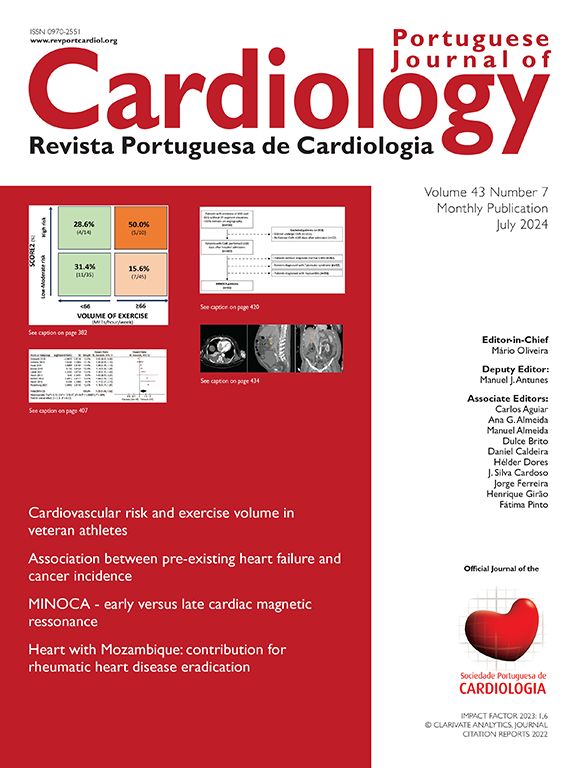We read the article “High prevalence of cardiovascular disease and risk factors among type 2 diabetes patients followed in a hospital setting in Portugal” by Cardoso et al. with profound interest and enthusiasm.1 We were fortunate to have the opportunity to read this manuscript, and the diligent efforts of the authors are deserving of admiration. We agree with their conclusion that there is a higher prevalence of cardiovascular (CV) disease and CV risk factors among cohorts of Portuguese type 2 diabetes patients being followed in a hospital setting. However, it is vital to consider additional points that would enhance the quality of this article and contribute to the existing body of knowledge.
Firstly, the retrospective nature of the study is of significant concern due to the risk of reporting bias and imprecise substantiation. For further clarification, a 2017 study conducted by Yang et al. had 20.2 months’ follow-up.2 The depth and dependability of their conclusions were increased by the longer follow-up period, which also provided more thorough knowledge of long-term patterns.
With all due respect, the authors should have taken a larger population to signify the results of the study. Likewise, other articles mentioned a much larger population to supplement the results.3–5 This can remove cognitive bias from the study; and larger studies provide stronger and more reliable results because they have smaller margins of error and lower standards of deviation.
The authors did also not mention the intake of certain anti-diabetic drugs, such as meglitinides, a novel class of non-sulfonylurea insulin secretagogues with a very rapid onset and abbreviated duration of action and, an oral anti-diabetic from the thiazolidinedione drug class that decreases insulin resistance in the periphery and in the liver. This results in increased insulin-dependent glucose disposal and decreased hepatic glucose output. These drugs were taken by the participants of another study and may have affected the results.6
By explaining the diagnostics of the participants and mentioning participants with serious liver, lung, kidney disorder and other organ dysfunction in the exclusion criteria, the authors could widen exclusion criteria to avoid potential bias and make the results clearer since these conditions do have an effect on cardiovascular health.5 This would not only strengthens the internal validity of the study, but also provide a comprehensive understanding of and relationship between cardiovascular health and diabetes.
Finally, as it is widely known that type 2 diabetes mellitus has an adverse effect on cardiovascular health and increases the risk of cardiovascular disease, the authors should have explained the same outcome on other age groups, which would have made the study more s and applicable.7
Although this study offers insightful information about the connection between type 2 diabetes mellitus and cardiovascular health, there are several noteworthy areas where its applicability might be improved. Further research in this area can build on the groundwork established by this study by considering the areas of weakness I have mentioned in my critique.
Conflicts of interestThe authors have no conflicts of interest to declare.



